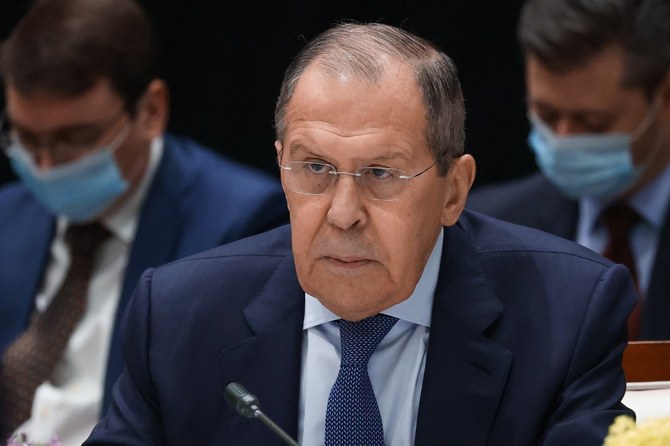The United States and Russia tried Friday to avert another devastating conflict in Europe, but the two powers’ top diplomats warned no breakthrough was imminent as fears rise that Moscow is planning to invade Ukraine.
Armed with seemingly intractable and diametrically opposed demands, US Secretary of State Antony Blinken and Russian Foreign Minister Sergey Lavrov met in Geneva at what the American said was a “critical moment.” The talks are shaping up as a possible last-ditch effort at dialogue and a negotiated agreement.
With an estimated 100,000 Russian troops massed near Ukraine, many fear Moscow is preparing an invasion although Russia denies that. The US and its allies are scrambling to present a united front to prevent that or coordinate a tough response if they can’t.
After the meeting, Lavrov said that the US agreed to provide written responses to Russian demands on Ukraine and NATO next week. That could at least delay any imminent aggression for a few days.
But ahead of the meeting, they remained far apart.
“We don’t expect to resolve our differences here today. But I do hope and expect that we can test whether the path of diplomacy or dialogue remains open,” Blinken told Lavrov before their spoke privately. “This is a critical moment.”
Lavrov, meanwhile, said he did not “expect a breakthrough at these negotiations either. What we expect is concrete answers to our concrete proposals.”
But ahead of the meeting, they remained far apart.
“We don’t expect to resolve our differences here today. But I do hope and expect that we can test whether the path of diplomacy or dialogue remains open,” Blinken told Lavrov before their spoke privately. “This is a critical moment.”
Lavrov, meanwhile, said he did not “expect a breakthrough at these negotiations either. What we expect is concrete answers to our concrete proposals.”
Washington and its allies have repeatedly promised “severe” consequences such as biting economic sanctions — though not military action — against Russia if an invasion goes ahead.
Blinken repeated that warning Friday. He said the US and its allies were committed to diplomacy, but also committed “if that proves impossible, and Russia decides to pursue aggression against Ukraine, to a united, swift and severe response.”
But he said he also wanted to use the opportunity to share directly with Lavrov some “concrete ideas to address some of the concerns that you have raised, as well as the deep concerns that many of us have about Russia’s actions.”
Ukraine is already beset by conflict. Russia’s Putin seized control of Ukraine’s Crimea Peninsula in 2014 and backed a separatist insurgency in eastern Ukraine, part of a simmering but largely stalemated conflict with Ukrainian forces that has taken more than 14,000 lives. He faced limited international consequences for those moves, but the West says a new invasion would be different.

